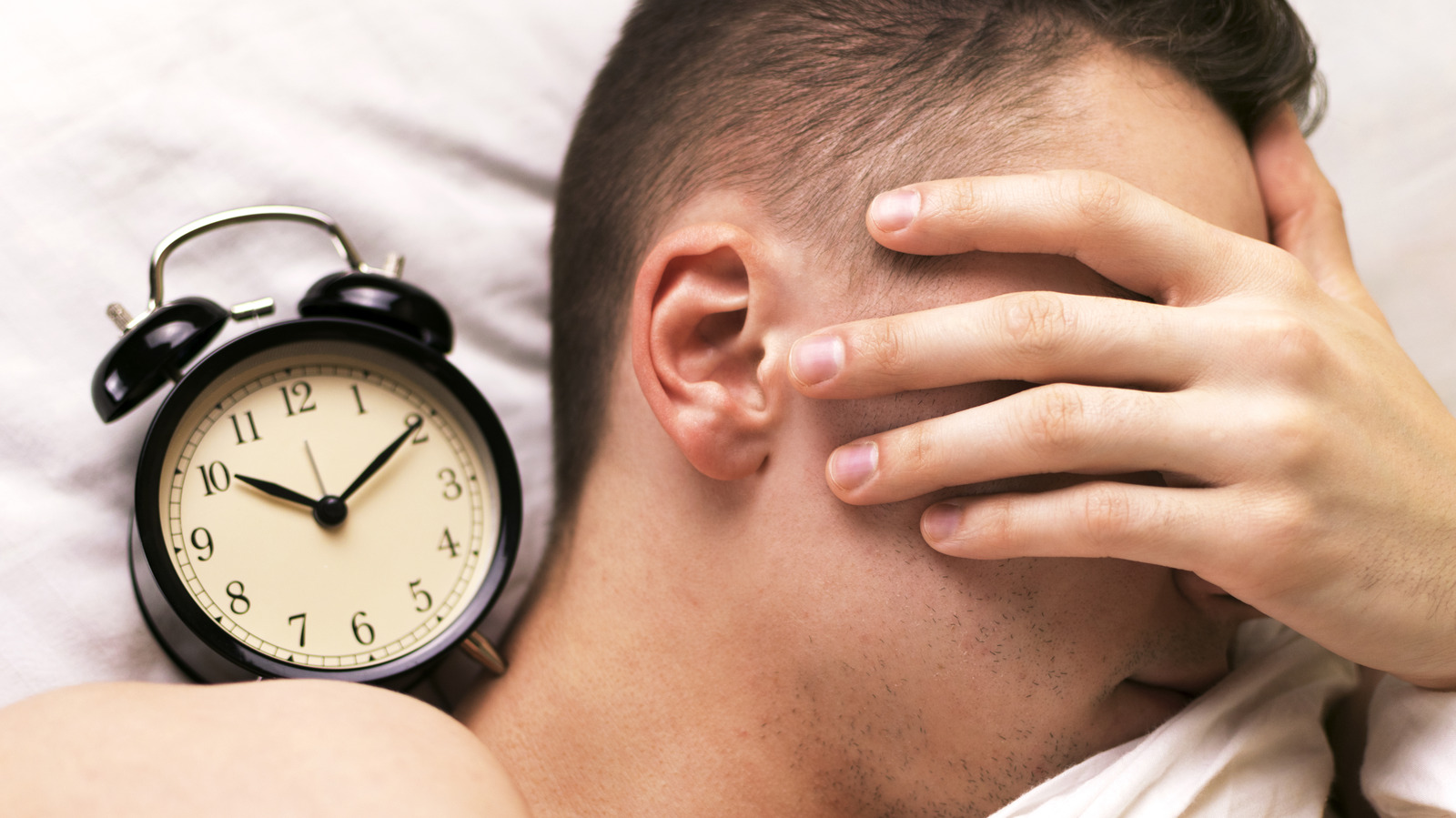
As per Stanford Health Care, DSPS is defined as “a disorder in which a person’s sleep is delayed by two hours or more beyond what is considered an acceptable or conventional bedtime.” Those who experience the disorder often have trouble falling asleep before midnight, as they continue to feel awake and alert throughout earlier hours of the night. In addition, waking up early — even at a “normal” hour — is particularly difficult for these individuals and often impacts their ability to function during the day.
DSPS is commonly observed in adolescents, with prevalence rates standing between 7-16% (via Stanford Health Care). Due to these irregularities in the internal body clock, Dr. Lisa Shives, a specialist in sleep disorders, tells WebMD that gradual bedtime changes can improve daytime functioning. “Normally, I can help them a bit,” Dr. Shives told WebMD. “If patients are going to bed at 4 in the morning, I’m not going to get them to 11 p.m. But I can roll them back to 1 or 2 a.m., and that generally makes them pretty happy.”
Dr. Shives outlined via WebMD how people can implement these methods on their own to help make waking up easier. For example, progressively going to bed 15 minutes earlier, as well as waking up 15 minutes earlier, every 3 to 4 days can help get individuals on track. For those who are unable to self-correct their sleep schedule, Stanford Health Care suggests bright light therapy and chronotherapy.


